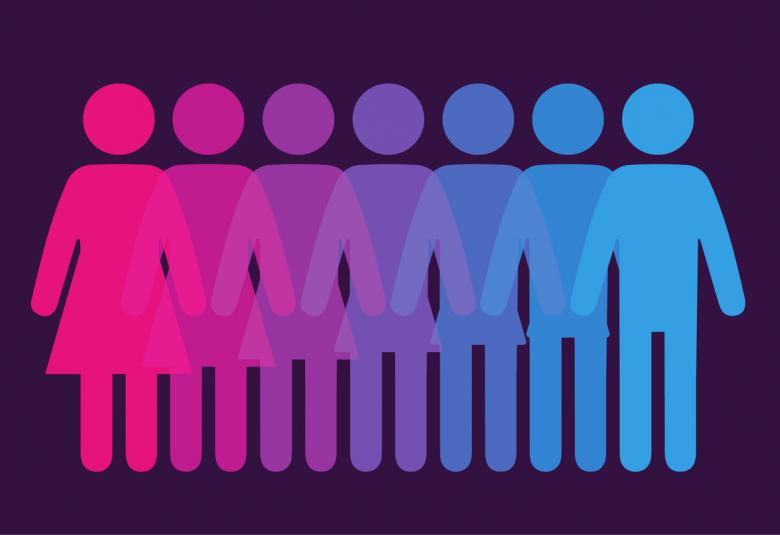An interview with Dr Jose Martinez Raga
“If a patient comes to clinic voluntarily, it usually means that they acknowledge that they might have a problem,” said Dr Martinez Raga, "and I would also know to check for other possible co-dependencies. However, it is a completely different scenario if they are admitted in the A&E department. They may present with symptoms of depression or with delusions and it is all too common that alcohol dependency is overlooked.” As he pointed out, alcohol levels are not routinely assessed in blood or urine samples and breathalysers are usually not present in the A&E. A good clinical interview is the cornerstone to the assessment of alcohol dependence as well as a thorough review of the symptoms the patient may have, including their mood at the time of presentation.
Dr Martinez Raga admits that it’s difficult to differentiate between depression per se and alcohol dependence and thinks that it is not important which comes first or second – both problems need to be treated concomitantly. “NICE guidelines are great in many ways but they are not perfect,” he said. “If a patient is suicidal on admission, how can you wait for medicine-assisted alcohol withdrawal to occur before treating the depression?” He believes a good medical interview can often identify the primary problem but if he is in doubt he treats alcohol dependence and depression as simultaneously as possible. Often, a patient with depression who is alcohol dependant finds the alcohol dependence more difficult to accept than the depression but may be willing to reduce their alcohol consumption once their depression has lifted.
“Non-adherence levels in patients with an alcohol dependence is not that different from that seen in other psychiatric illness. Like other psychiatric patients, most believe they don’t have an illness and, therefore, many don’t take their medicine properly,” he said. “If a patient really doesn’t want to be treated, they simply don’t come back.” Dr Martinez Raga believes that the therapeutic relationship is trust-based and that patients with an alcohol dependence don’t lie to themselves or their doctors any more than anyone else. By collaborating with patients, by using motivational interventions and by showing empathy as part of the therapeutic alliance patients will trust their physician and work with him or her by taking their medications and undergoing other therapies.
Our correspondent’s highlights from the symposium are meant as a fair representation of the scientific content presented. The views and opinions expressed on this page do not necessarily reflect those of Lundbeck.




